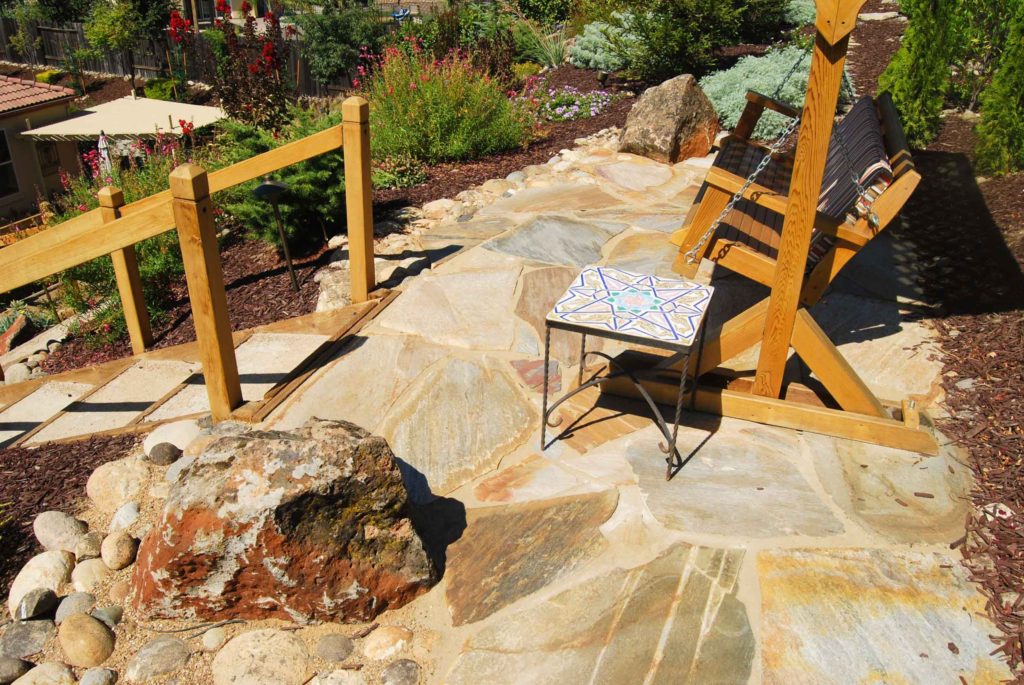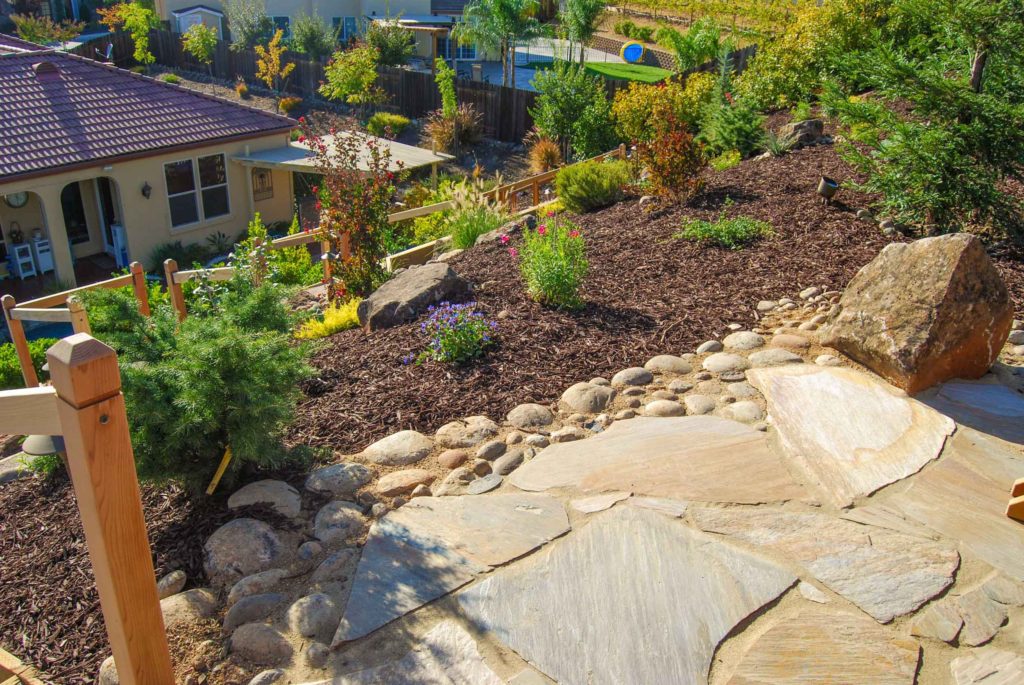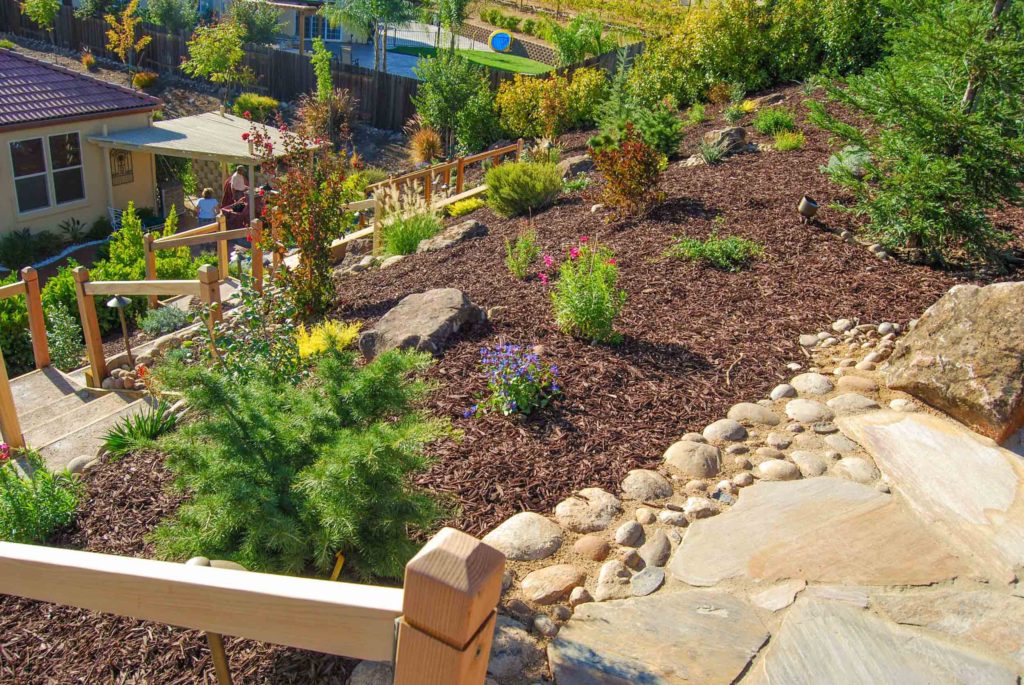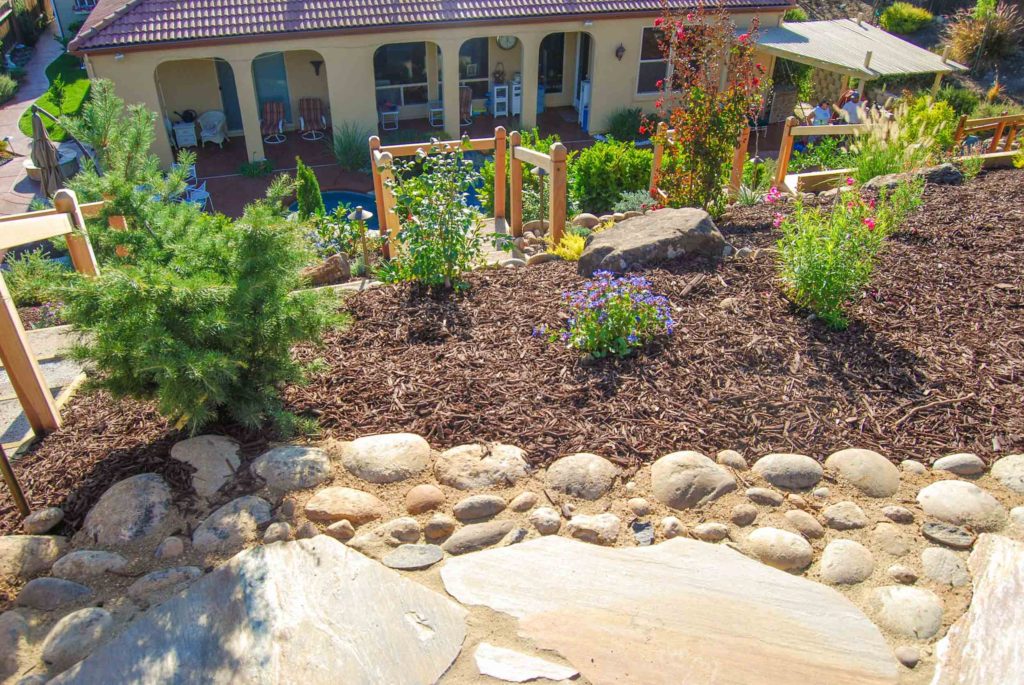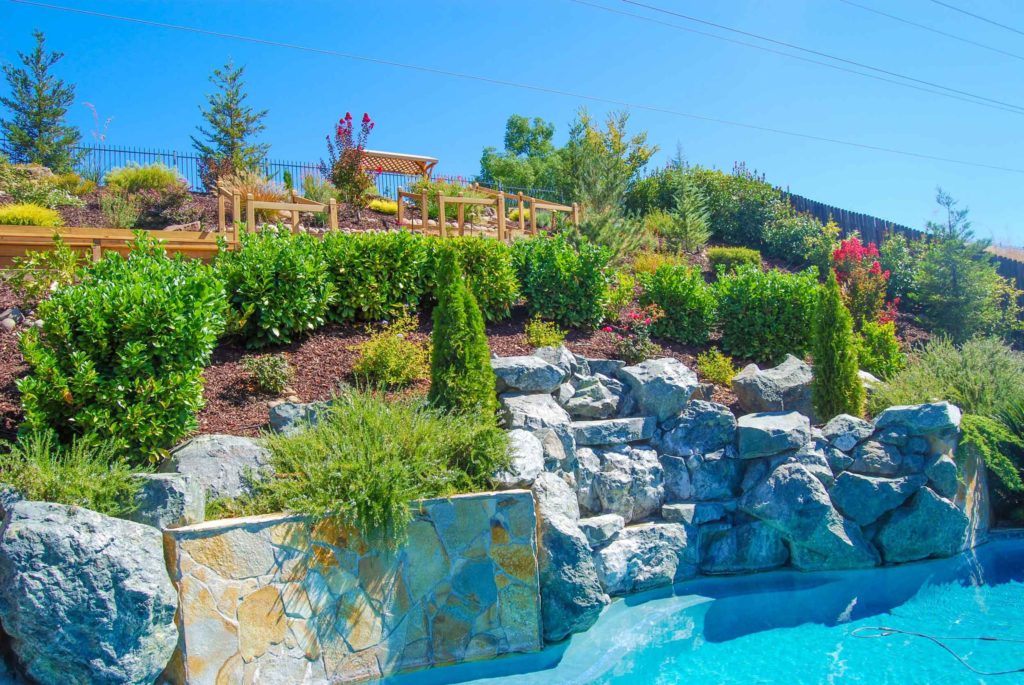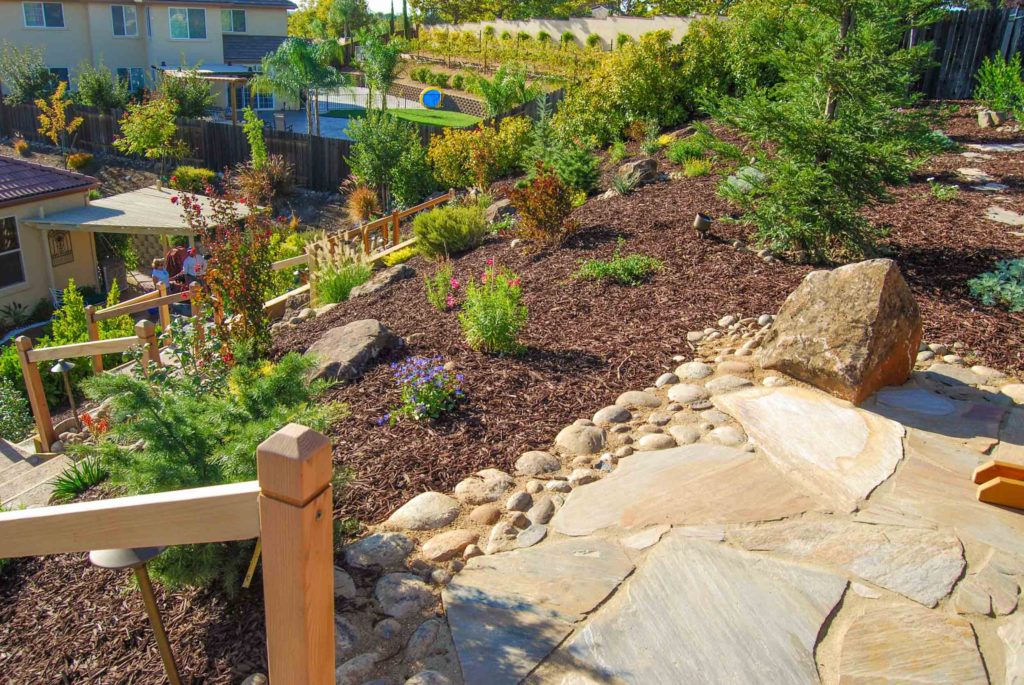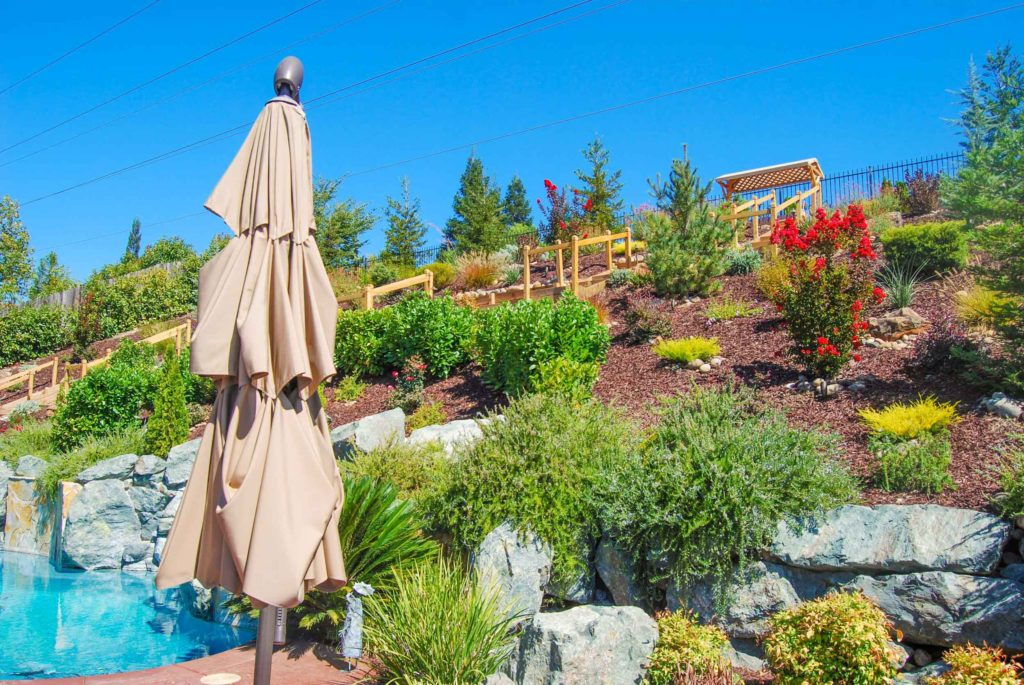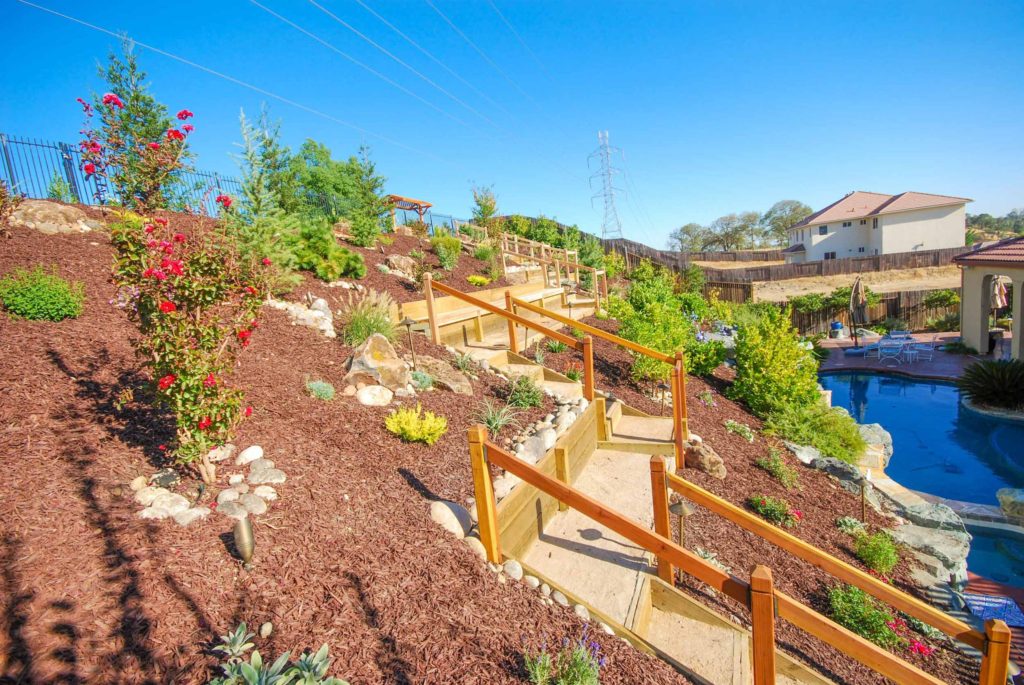The Purpose of Pain, Part 2

Samuel’s Birth (1 Samuel 1:1-6)
“But unto Hannah, he gave a worthy portion (some translations say a double portion), for he loved — Hannah: but the Lord had shut up her womb. And her adversary (Peninnah) also provoked her sore, for to make her fret because the Lord had shut up her womb.”
Peninnah’s cruelty stemmed from her insecurity. She knew Hannah was loved more. Had Elkanah been a wiser husband, he could have united his two wives. Hannah could have been like a sister to Peninnah. Instead, because of Elkanah’s lack of wisdom, Hannah was seen as an adversary and hence Peninnah’s cruelty.
Often I wonder which actions we choose that might bring out the worst in others. You can see this in close relationships, husband and wife, parent and child, employer, and employee. These are all interactions where our blindness or lack of care can reappear in a cutting reply, a cold shoulder, or doing work poorly. Or even worse, a lack of intimacy in marriage which can open up a Pandora’s box of problems. If you have not asked the Lord to reveal to your unintended but negative actions, you should. It could be as simple as being more encouraging. Expressing faith in someone can turn a page in their life and your relationship. Be prepared to be a little shocked, we all have blind sides and need the help of the Holy Spirit to reveal them to us, and it may be that we go to that person and ask them.
“….for to make her fret because the Lord had shut up her womb.”
In Hannah’s case, the Lord was the author of the pain. He purposely was causing this, making it so Hannah could not conceive. At times our shallow understanding of God is based on how we think He should be, blinds us from seeing the bigger picture. And because He doesn’t act like we think He should, we stop believing. With this one action, we have become God of God.
Before my brother’s drowning, my dad used to go to church with us; afterward, it was just my mom, brother, and I. It felt wrong to me as an 8-year boy, but it became one of my new realities. Death of a child is almost death to a marriage. Invariably each spouse blames the other or themselves unless the end was clearly out of each parent’s hands to control. I knew when an argument was particularly damaging when I would hear my parents blame the other for Bobby’s death. It was awful. Please, if you have suffered losses, seek counseling. Argument periods are hard on the kids, but ones of this nature are super damaging, especially if the child is already blaming himself. In times like this, I would lose it and start punching holes in my bedroom wall or door. I was out of control. My dad would have to come and hold me tight until I calmed down. I have never shared this with anyone, so in writing this, the pain and tears come back – I guess I will never ultimately be over this, though I am much better.
Changing gears, let’s continue with our story. As if things were not bad enough for Hannah, now she gets accused of being drunk by the high priest. Even those in roles that are supposed to lead and comfort, falter. Such is man; we are not perfect.
1 Samuel 1:9-15
So Hannah rose up after they had eaten in Shiloh, and after they had drunk. Now, Eli, the priest sat upon a seat by a post of the temple of the Lord.
And she was in bitterness of soul, and prayed unto the Lord, and wept sore.
And she vowed a vow, and said, O Lord of hosts, if thou wilt indeed look on the affliction of thine handmaid, and remember me, and not forget — thine handmaid, but wilt give unto thine handmaid a man child, then I will give him unto the Lord all the days of his life, and there shall no razor come upon his head (these were the words that the Lord was waiting for).
And it came to pass, as she continued praying before the Lord, that Eli (the High Priest) marked — her mouth. Now, Hannah, she spoke in her heart; only her lips moved, but her voice was not heard: therefore, Eli thought she had been drunken.
And Eli said unto her, How long wilt thou be drunken? Put away — thy wine from thee.
And Hannah answered and said, No, my Lord, I am a woman of a sorrowful spirit: I have drunk neither wine nor strong drink, but have poured out — my soul before the Lord.
All the pain she endured came down to these words, “I will give him unto the Lord all the days of his life…” The only other figure in the Old Testament that was to be a Nazarite from birth was Samson. The vow of the Nazarite was shown by no shaving of the head and no wine. He was to be set apart unto the LORD from birth. This was the agreement Hannah made with God. In reality, this was the agreement that God was waiting for from Hannah. He finally got it after years of Hannah being childless.
We have to ask ourselves, have I been going through pain? Does it seem as though God doesn’t hear or care? It’s not true! God always and cares and hears. We are learning there was a purpose behind Hannah’s pain. We could name it “spiritually engineered pain.” The Lord, in rare circumstances, is the author of the pain, but more often than not, He uses existing pain to draw us closer to Him, such as in my case.
With Hannah, making this vow was because of pain, and it was as serious a pledge that any human being could make. Through the pain, God is seeking to bleed from the heart all the worldly desires and ambitions one has until they all pale in comparison to just being His.
The vow of the Nazarite has been my vow as well. I couldn’t have been more severe and more longing for strength to cope with my pain when at 19, I took this vow. It’s serious stuff. I lost friends and some sweet dates (super important to a 19-year-old man) because of this. I was too “radical,” even for Christian girls. It hurt, but I was not going to change.
Hannah did not change. Elkanah was thrilled to have Hannah conceive finally. However, Hannah must have told Elkanah that “his” son was not his son; he belonged to God 100%. How he felt we would never know, but we can imagine that initially, he probably had a deep sense of loss. “Finally, after so many years of trying to get pregnant, and the joy of that child growing up in our home is not to be ours?” A commitment that costs you nothing is probably not much of a commitment. I know that if Hannah could give her first son over to the Lord that Elkanah would soon come to support her decision. An agreement with God is an agreement that cannot be broken.
What agreements have we made with the Lord? There is one that all believers have made, and that is to accept Christ as our Lord and Savior. How are you doing with that? Is He Lord and Savior, or just Savior? As Savior, it’s like having “fire insurance.” The idea of having my salvation intact because I accepted Christ is great, now it frees me up to live as I chose – pursuing my dreams and ambitions. As Savior and Lord, my aspirations are His ambitions, and my thoughts are His dreams or my dreams and goals are subservient to His. My role is to serve Him. As Savior, His role is to save me, answer my prayers. When He doesn’t, I become offended and question Him.
This type of relationship is excellent for Satan, for it creates an open door for him to get in and slander God, creating doubt. Becoming offended by God demonstrates the shallowness of our relationship with Him and our understanding of a life of faith. Becoming upset with God because I didn’t get that new job, or promotion that I have been praying about or He didn’t protect us from that car accident or hasn’t healed me, or our house flooded, or it burned down losing everything are some of life’s more difficult trials.
However, to blame or be angry at God for that is telling. We can go through life’s hardest difficulties with or without God totally depending on our relationship with God. I refuse to be God of God, that’s scary. I find many of us struggle with God when life becomes tough. How will we ever know Him to trust Him if we spend little to no time getting to know Him? When do we want to start to know Him? During a crisis? Unfortunately, many of us seem to need a crisis to get our clutches off the things of the world to value God. Ideally, it is more advantageous to start developing trust and knowledge of God before a major crisis.
What is the right attitude? That is a good question. In Job 13:15 & 16, we have a fantastic comment from Job has suffered the loss of his family, all his possessions, even his health. The Lord Himself testifies to Job being a very Godly man. In this part of his story he is in much pain and if that was not bad enough his friends have become his accusers because of their own personal theology of God did not include pain. They believed that if you dotted your “I’s” and crossed your “T’s” with God that God would bless you. Since Job had been very successful for many years before things becoming awful, they assumed that Job had a secret sin going on. That would be the only plausible reason for why all these things were happening to him.
Some today have this same theology. However it is not correct as we shall learn. The whole book of Job shows how God uses life circumstances and even Satan to purify His saints, and we see this purification process with Job. Though his friends were an affliction to him and an insult to God, Job was willing to forgive them. Now bear in mind that Job’s life, like Paul’s, is on the extreme side of testing. However, the more extreme the trial, the more beautiful is its fruit. This next statement from Job is as gold tried in the fire. It is as close of an understanding and reverence for God that tested faith will have.
“Though he slays me, yet will I trust in him: I will maintain my ways (my integrity) before him.
He also shall be my salvation: for a hypocrite shall not come before him.”
I have pondered Job’s response for some time, and how I understand it is if God in His righteousness found it necessary to take Job’s life, Job was willing to accept it, and his trust would not waver. Job’s humility was as gold. How about us?
Who else had this same attitude when faced with their death? Let’s see if you remember your Bible stories,
Daniel 3:15-18
“Now if ye be ready that at what time ye hear the sound of the cornet, flute, harp, sackbut, psaltery, and dulcimer, and all kinds of music, ye fall and worship the image which I have made; well: but if ye worship not, ye shall be cast the same hour into the midst of a burning fiery furnace; and who is that God that shall deliver you out of my hands?
Shadrach, Meshach, and Abed-nego answered and said to the king, O Nebuchadnezzar, we are not careful to answer thee in this matter.
If it is so, our God whom we serve can deliver us from the burning fiery furnace, and he will deliver us out of thine hand, O king.
But if not, be it known unto thee, O king, that we will not serve thy gods, nor worship the golden image which thou hast set up.”
***
For these men and Job, God was not only SAVIOR but LORD.
Unfortunately, there are not many that have this caliber of faith. The “temper” of our steel bends in the heat; we need steel that has been tempered by the fire and will not bend when tested. That all the impurities, our sexual weaknesses, and self-interest will burn away, and now our steel (faith) is pure and able to stand firm. That the trials that life brings only serve to make us stronger and more committed. Our security and self-esteem are not founded on anything in this world but founded solely on Christ. And that from the ashes of trials and hardships Christ paints His image over us.




